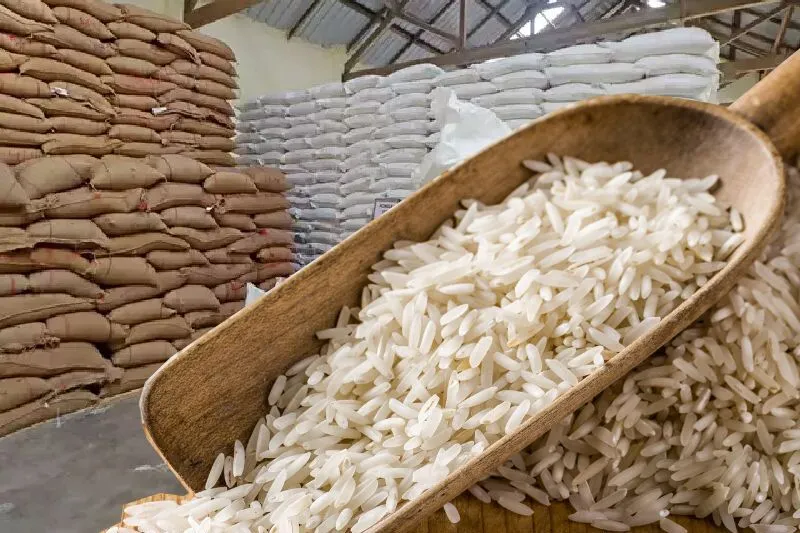Why is India Strategically Allocating Non-Basmati Rice to 5 African Nations?
In an important step toward strengthening diplomatic connections and alleviating food scarcity worries, the Indian government has authorized the shipment of non-basmati rice to five strategically important African countries. This move, carried out through the National Cooperative Exports Limited (NCEL), represents a substantial shift in trade regulations, superseding earlier prohibitions.
Following a recent government statement, Comoros, Madagascar, Equatorial Guinea, Kenya, and Egypt will be able to export **240,000 tonnes** of non-basmati rice. The authorized quantities are as follows: Comoros (20,000 tonnes), Madagascar (50,000 tonnes), Equatorial Guinea (10,000 tonnes), Kenya (100,000 tonnes), and Egypt (60,000 tonnes), according to the Directorate General of Foreign Trade (DGFT).
Previously imposed export restrictions on vital food goods, particularly rice and wheat, have inadvertently impacted food availability in countries deemed strategic partners. The decision to allow exports is intended to lessen the damage and ensure a stable and reliable supply chain.
Recognizing its importance as a rice provider to both Asian and African countries, India has navigated the hurdles created by export bans on broken variety and non-basmati white rice, which were implemented in September 2022 and July 2023, respectively.


Comments
Post a Comment